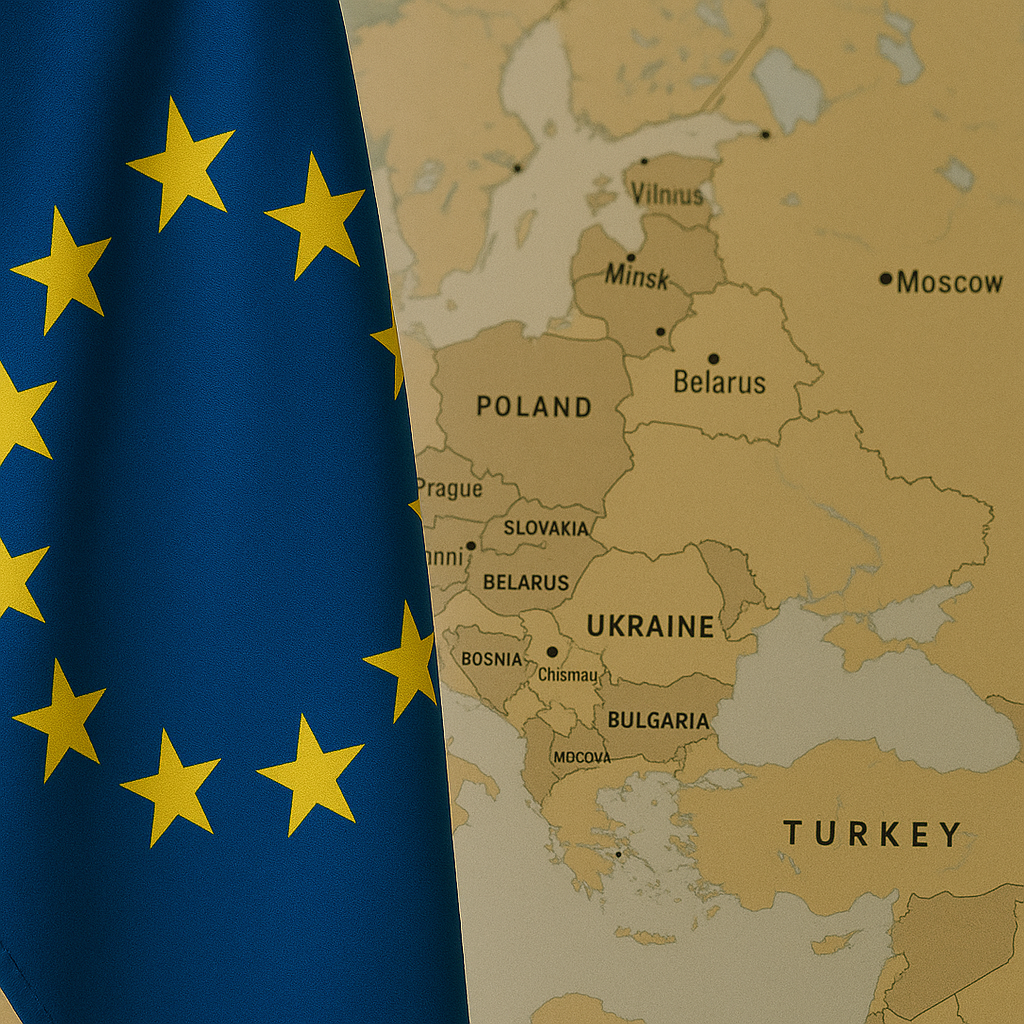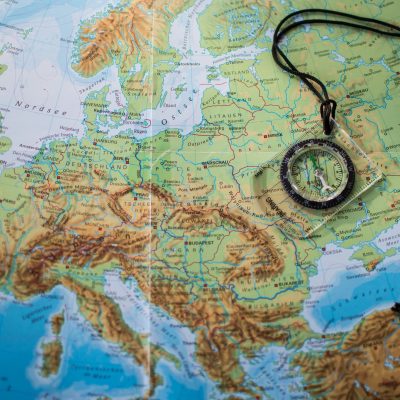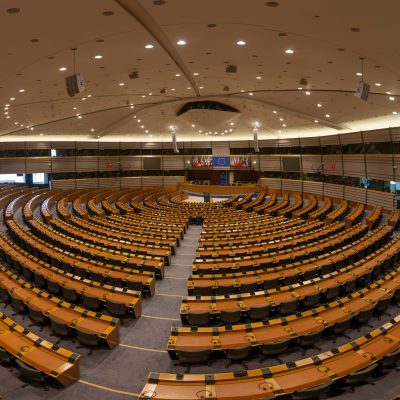The EU in the East: too ambitious in rhetoric, too unfocused in action

Although the EU is today mired in a number of uncertainties regarding the future of its own internal decision-making structures, it still is a source of inspiration for reform-minded groups and individuals in its Eastern neighbourhood. While strengthening of democratic institutions and improvement of governance are tasks that have to be desired and accomplished by Eastern neighbours themselves, the EU can contribute to the process by focusing on areas in which it has already a track-record. Encouraging a multi-stakeholder dialogue and amplifying the voice of non-state actors acting in the public interest are key issues on which the Union should focus its assistance to the East. In its dialogue with partner governments, the EU should emphasize that it supports only projects for which such groups have been previously consulted. At the same time, those in charge of policy towards Eastern neighbours should follow more closely developments in Turkey’s and Russia’s neighbourhood policies towards the same countries.




